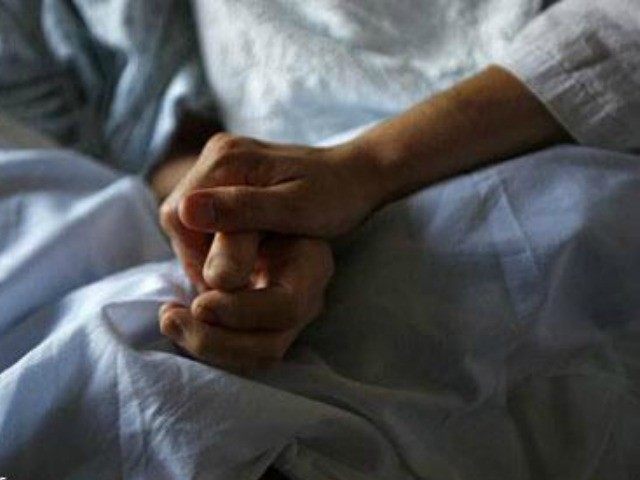Belgium has become the “hastened death” capital of the world, passing up its neighbor the Netherlands which had formerly held the title. Belgium legalized euthanasia in 2002, and last year earned the dubious distinction of being the first country in the world to legalize child euthanasia with no age limit whatsoever.
A new study by the New England Journal of Medicine reveals that Belgium’s eagerness for killing the terminally ill often spills over into doctor-initiated mercy killing that was not requested by patients. The report, titled “Recent Trends in Euthanasia and Other End-of-Life Practices in Belgium,” was published in the March 19 issue of the NEJM.
The study reveals that Belgian doctors deliberately “hasten the death” of patients “without an explicit request” at a rate of 1.7% of all deaths in the country. There were 61,621 deaths in Belgium during the last year for which there is comprehensive data (2013), which means that doctors are now euthanizing more than 1,000 patients a year without their having requested it.
Belgium’s trend toward greater medical paternalism—an attitude that has been described as “a rather arrogant assumption that one knows best” on the part of doctors—stands in sharp contrast to other parts of the world where there is a concerted effort to reduce paternalism.
Last month in the UK, for example, in what has been called a “landmark ruling” against medical paternalism, the supreme court determined that patients had the right to decide whether the risks and treatment options have been adequately explained by the doctor. Formerly, under what is known as the “Bolam test,” a doctor’s behavior was deemed acceptable if it would be supported by “a responsible body of medical opinion.”
The slippery slope leading from legalized voluntary euthanasia to involuntary euthanasia was articulated years ago by University of Cambridge professor of law and medical ethics John Keown: “Once a doctor is prepared to make such a judgment in the case of [a] patient capable of requesting death, the judgment can, logically, equally be made in the case of a patient incapable of requesting death,” he wrote.
“If a doctor thinks death would benefit the patient, why should the doctor deny the patient that benefit merely because the patient is incapable of asking for it?” he said.
Belgium’s disturbing rate of unrequested hastening of death is also representative of a broader trend to recur to euthanasia as a means of ending life.
In the six years from 2007 to 2013 Belgium’s euthanasia rate more than doubled, rising from 1.9 to 4.6% of all deaths. This means that nearly one in twenty deaths in Belgium is now deliberately caused. Reasons for the dramatic rise comprise both increases in the number of requests (from 3.5 to 6.0% of deaths) and the proportion of requests granted (from 56.3 to 76.8% of requests made). If you ask to be euthanized in Belgium today, chances are three in four that your request will be granted.
If one takes into account other means of hastening death, the new study reveals that 18% of patients’ deaths come either from lethal injection/assisted suicide or from being put into a deep coma and left to die.
In its official statement, the American Medical Association opposes both euthanasia and physician-assisted suicide. The statement reads: “Physician-assisted suicide is fundamentally incompatible with the physician’s role as healer, would be difficult or impossible to control, and would pose serious societal risks.”
Follow Thomas D. Williams on Twitter @tdwilliamsrome

COMMENTS
Please let us know if you're having issues with commenting.